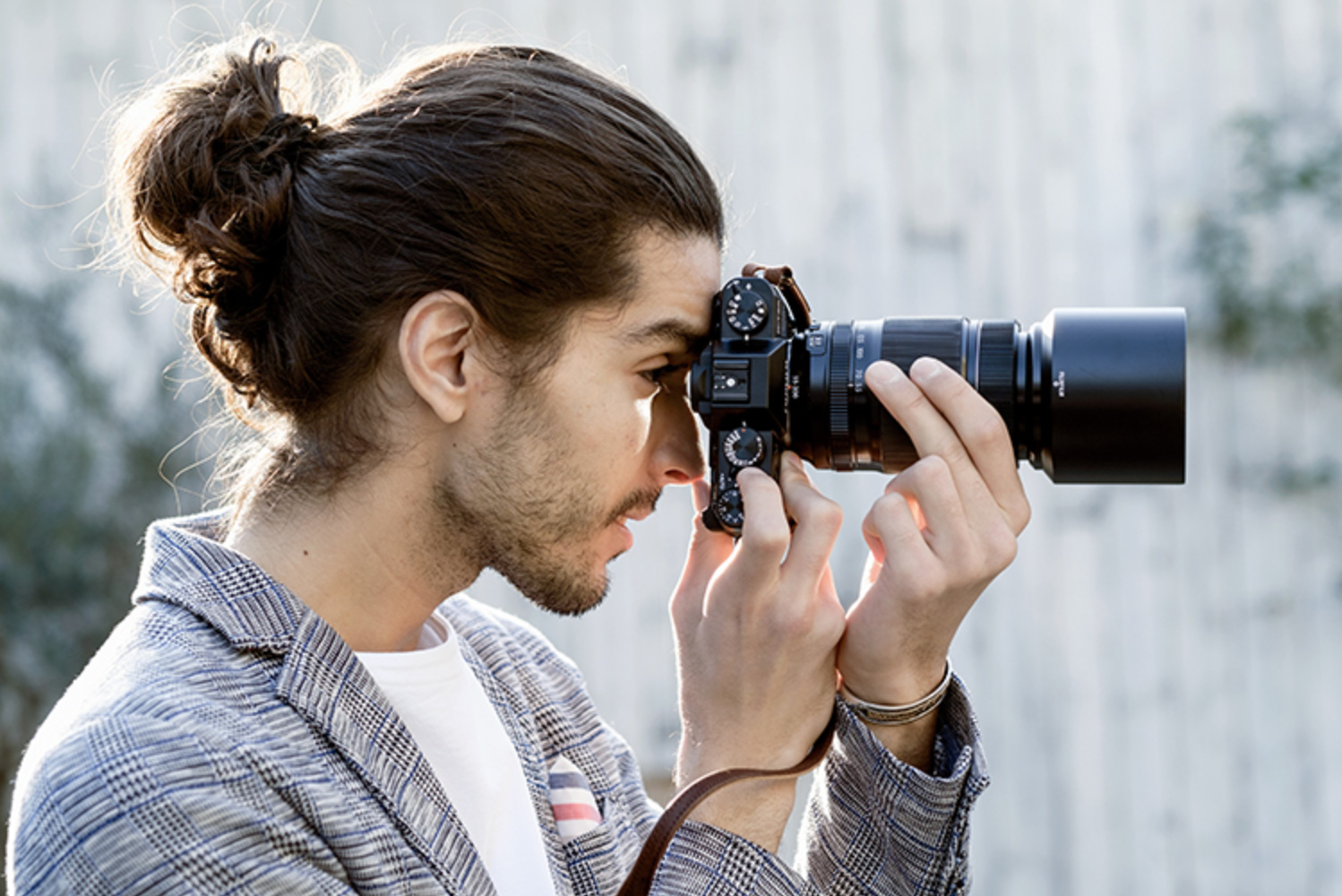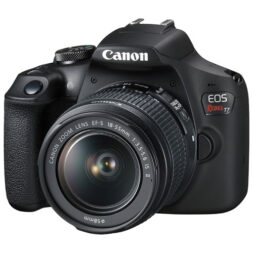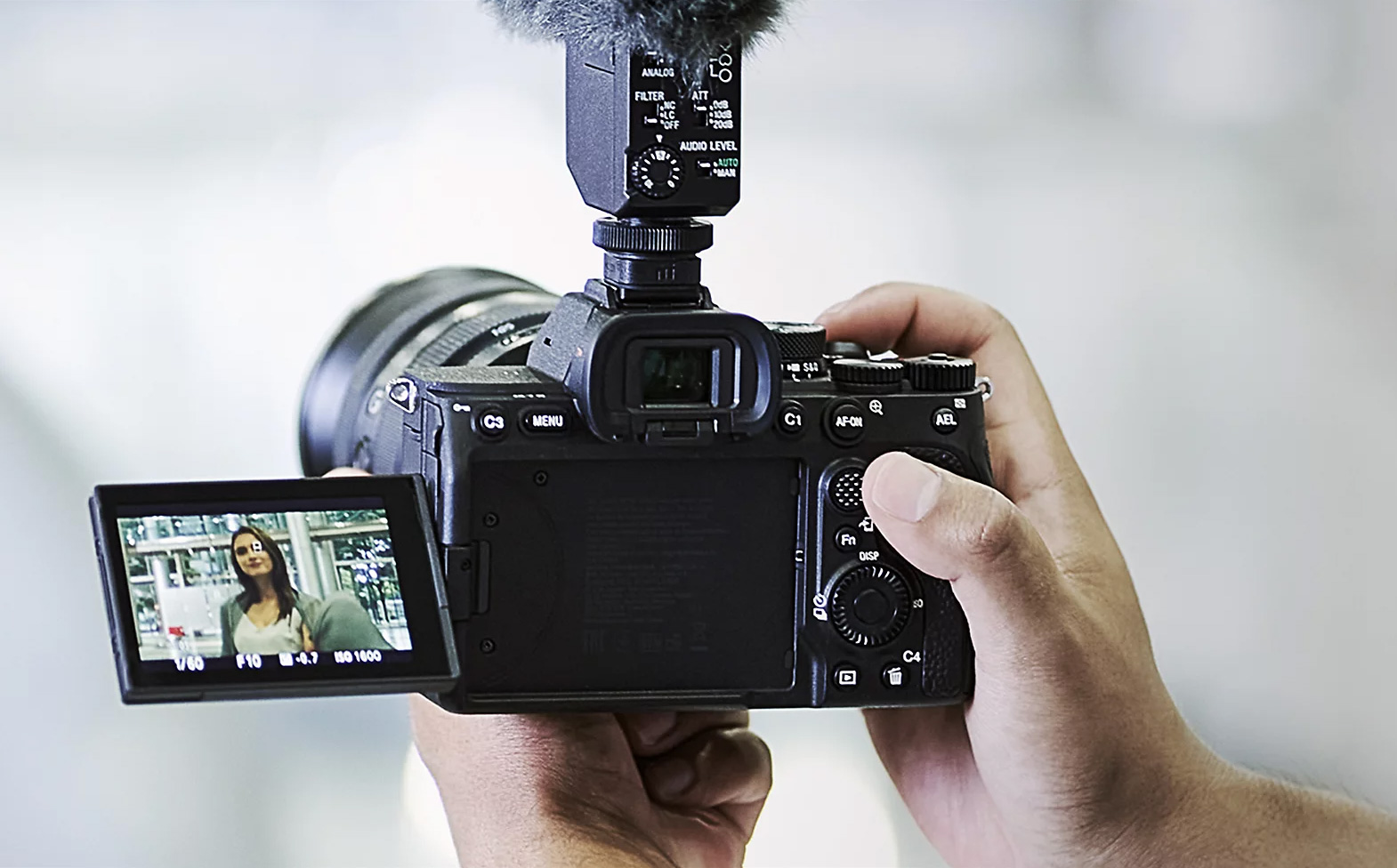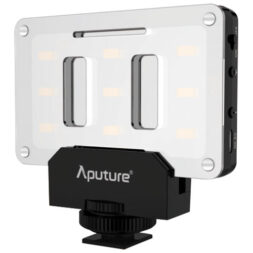
Stepping into the world of photography is embarking on an exhilarating journey filled with moments of wonder, discovery, and self-expression. From that first curious click of the shutter to crafting masterpieces that capture the essence of a fleeting moment, becoming a photographer is both an art and an adventure. But, where does one even begin? Whether you’re drawn by the allure of capturing grand landscapes or documenting the intricate tales woven into our daily lives, every aspiring photographer needs a starting point. This article shines a guiding light on that path, offering ten essential tips to propel your passion and launch your photography career.
1. Finding your niche
The beauty of photography lies in its vastness. With genres like portrait, landscape, street, wildlife, and countless others, there’s a world waiting to be captured through your lens. Explore the different genres at the beginning of your journey, understand their nuances, and see which aligns most with your interests. Keep in mind that finding your niche is not just about choosing a genre; it’s about discovering the unique essence you bring to it, creating a style that becomes unmistakably yours.
2. Essential gear for beginners
As a budding photographer, the allure of sophisticated equipment is real. However, beginning your journey doesn’t require a hefty investment. Start with the basics:

Camera: There are two main types of cameras—DSLRs and mirrorless cameras—each with their own advantages. A DSLR, with its optical viewfinder and extensive lens options, offers a traditional feel. Mirrorless cameras, on the other hand, are typically more compact, with an electronic viewfinder and faster autofocus. Research, test them out, and then choose based on your comfort and the kind of photography you intend to pursue.
Lenses: While cameras are essential, lenses are where the real magic happens. For beginners, a versatile kit lens (often 18-55mm) is a great option, providing a range suitable for various scenarios. As you progress, you might consider investing in prime lenses or zoom lenses, but initially, understanding the capabilities of your starter lens can be immensely valuable.
Camera bag: Your equipment is an investment, and it deserves protection. Choose a camera bag that is not only sturdy and weather-resistant but also comfortable to carry. Whether you’re trekking through the woods or navigating urban jungles, a good camera bag ensures your gear remains safe, accessible, and organized.
Memory card: A camera without a memory card is like a pen without ink. Investing in a high-quality, high-capacity memory card is imperative. Remember, it’s not just about storage capacity; the card’s speed is crucial too. A faster card can efficiently handle larger files and rapid sequences, ensuring you’re always ready to capture the next great shot.
3. Learn the basics
Photography, at its core, is a blend of art and science. While your creative instincts will guide you, understanding the foundational principles will offer structure to your shots. Delve into concepts like the rule of thirds, leading lines, and the magic of lighting. Mastering camera settings, including ISO, shutter speed, and aperture, will give you greater control to bring your visions to life.
4. Gaining practical experience

Photography is as much about doing as it is about studying. The more you click, the better you get. Set yourself daily or weekly photo challenges to hone different skills. Then, start with smaller gigs. For instance, you can photograph family events or local happenings. This is a great way to build your confidence and enrich your portfolio.
5. Study the work of others
Inspiration often comes from others and experiences. Platforms like 500px and Instagram offer a window into diverse photographic styles and techniques. As you scroll through, analyze these images deeply—consider the lighting, framing, and emotion conveyed. Analyse the compositions and note down what captivates you. By studying the work of other artists, you not only gain inspiration but also valuable insights into technique and storytelling.
6. The importance of post-processing
A photo’s journey doesn’t end with a click. Post-processing plays a pivotal role in refining and elevating your captures. Familiarize yourself with editing software like Lightroom or Photoshop. Beyond just corrections, these tools allow you to infuse your creativity, adding a unique touch to each image.
7. Building your portfolio
In the world of photography, your portfolio is your introduction. It’s essential to curate a collection that showcases not just your best work, but the breadth of your skills. In today’s digital era, having a robust online presence can be a game-changer. Harness platforms like 500px, Instagram, and even consider building a personal website as a dedicated space for your work. Each platform is a potential doorway to new opportunities.
8. Networking and building connections
No artist is an island. The photographic community is vibrant and supportive. Engage with it. Whether joining local photography clubs, attending workshops, or collaborating on projects, networking is pivotal. These connections can lead to mentorship opportunities, collaborations, and sometimes, your big break in the professional world.

9. Upgrading your gear
Your initial gear is your training wheel, but as you evolve, your equipment needs will too. As you dive deeper into photography, consider expanding your toolkit. From advanced lenses and drones to lights and more, each addition should be a thoughtful choice, aligning with your growing skills and creative aspirations.
10. Continuous learning and adaptation
Photography is ever-evolving. With technological advancements, new tools, and emerging trends, there’s always something new to learn. Stay updated. Attend workshops, read up on the latest techniques, and never shy away from experimentation. Adaptability is the hallmark of a successful photographer.
Start your photography journey today
The world of photography, with its intricate blend of art and technique, offers a profoundly rewarding journey for every enthusiast who chooses to embark upon it. Each snapshot taken is more than just an image; it’s a reflection of one’s perspective, an echo of a fleeting moment, and often, a testament to the photographer’s dedication and passion. So, pick up your camera and let your creativity shine!
You can shop photography gear at Best Buy.
This article was drafted using AI technology and then reviewed, fact-checked, and revised by a member of our editorial team.




